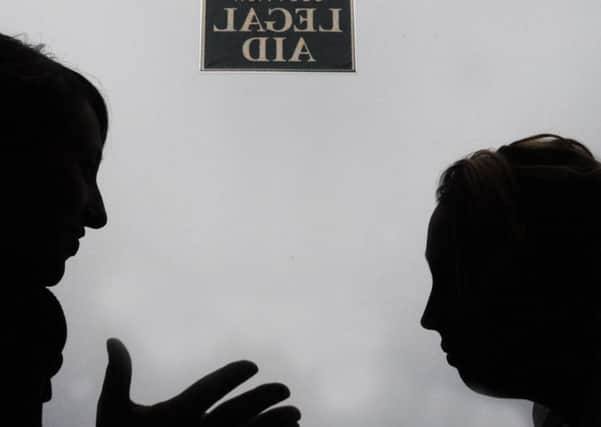Fraud trial collapses over legal aid cuts


Mr Cameron, who agreed to represent the five defendants free of charge in the application to stop the case, argued that the controversial Ministry of Justice (MoJ) reforms meant his legally-aided clients could not find barristers of “sufficient competence”.
The trial, which involves the alleged mis-selling of land to members of the public, is a so-called Very High Cost Case (VHCC). The Government has cut fees for such long and complex cases by 30% for barristers and solicitors.
Advertisement
Hide AdAdvertisement
Hide AdIn a landmark and damning decision, Judge Anthony Leonard QC stayed the proceedings at Southwark Crown Court, adding it would be a “violation” to allow the state more time to put right its “failure to provide the necessary resources to permit a fair trial”.
Labour leader Ed Miliband said the Government’s changes were “impeding access to justice”, while solicitors working on the case warned the cuts were “endangering” the criminal justice system.
But the MoJ came back fighting, accusing barristers of refusing to take the case because they did not “agree with savings”.
Delivering his ruling, Judge Leonard said adjourning the case to next January, as requested by the prosecution, would clog up the courts.
And he said he had no reason to think the defendants would be able to find suitably qualified barristers to represent them if the case was adjourned given the long-running dispute over legal aid cuts.
The judge said he had concerns there was “no realistic prospect that in the future a suitable advocate will be available” to take up the case.
He added: “Having considered all these matters, I am compelled to conclude that, to allow the state an adjournment to put right its failure to provide the necessary resources to permit a fair trial to take place now amounts to a violation of the process of this court.
“The knock-on effect on other trials, the waste of court resources and the need to disregard the Criminal Procedure Rules designed to protect the court system from abuse and to ensure that scarce resources are used to the best effect, all, in my judgement, add to the reason why an adjournment should not be granted.
Advertisement
Hide Ad